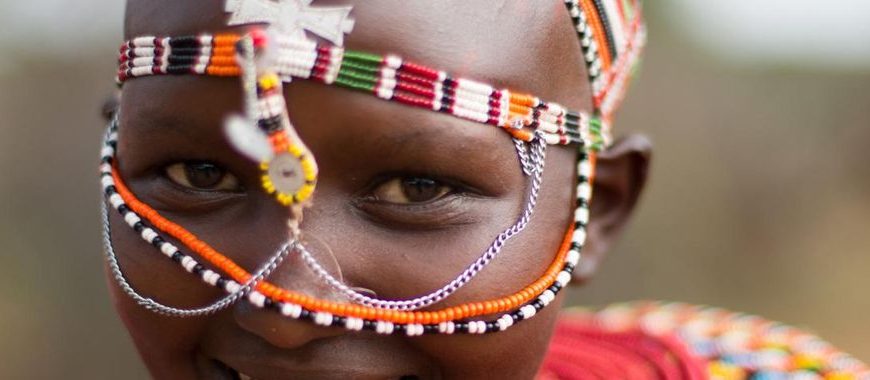Besides, the richness it has on natural resources, East Africa offers a lot on cultural and natural heritages which goes back as far as period of Dinosaur to very recently of our time, homo sapiens sapiens.
By offering international visitors the opportunity to discover the authentic faces of Africa, we in turn contribute to conservation of culture and wildlife through our various projects in each country.
Tanzania is one of the few countries in the world that is well endowed in archaeological, paleonthological and historical resources. Culture in Tanzania culture is attributed to the language, painting, sculpture, national anthem, popular dance music and art.
Tanzania is home to some of the oldest human settlements on earth. Fossils found in and around Ol Duvai Gorge in the Northern Tanzania include bones thought to be over 2 million years old and the Laetolli footprints, which are the oldest known footprints of our ancestral estimated to be 3.6 million years old.
Tanzania´s living culture is Culture captivating, warm with its welcoming people: From the Swahili people of the coast and islands to the Chagga, the world-reknown Maasai, as well as the Iraqw in the Manyara region, and the Hazabe & Datoga, the last hunter-gatherers in the country, Tanzania people are as diverse as the land itself.
The culture of Rwanda is varied and unique. As it is the norm in Africa for a country to be diversified in culture and heritage brought about by various ethnic languages and cultural practices, Rwanda is populated by the Banyarwanda people who share a single language and cultural heritage which has been a symbol of unity since precolonial times, ‘ e
Kenya is a country rich in tradition, vibrant and diverse people living in harmony with one another and the natural surroundings in which they play an important role in preserving its diverse history. Their ability to successfully adapt and live in challenging terrain and their vast collection of oral literature, art, way of life and music has garnered them regional and international admiration.
Cultural heritage is an important aspect of Uganda‘s identity as it represents the history, evolution and aspirations. In Uganda, a beautiful collage of cultural diversity can be found across the 65 ethnic groups that present unique cultures reflected in diverse traditional institutions, languages, indigenous knowledge and skills, the creative and performing arts, crafts, dress and food.
By offering international visitors the opportunity to discover the authentic faces of Africa, we in turn contribute to conservation of culture and wildlife through our various projects in each country.

